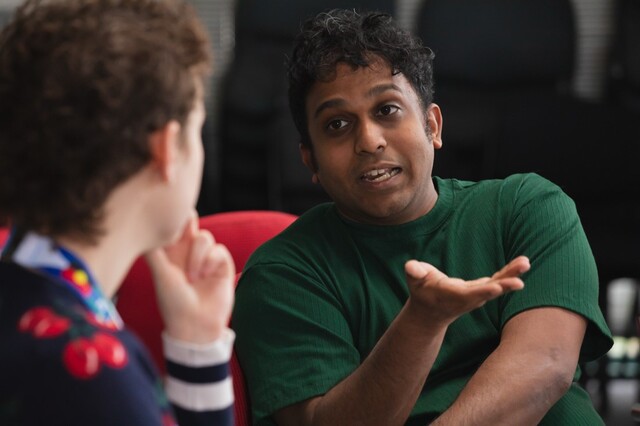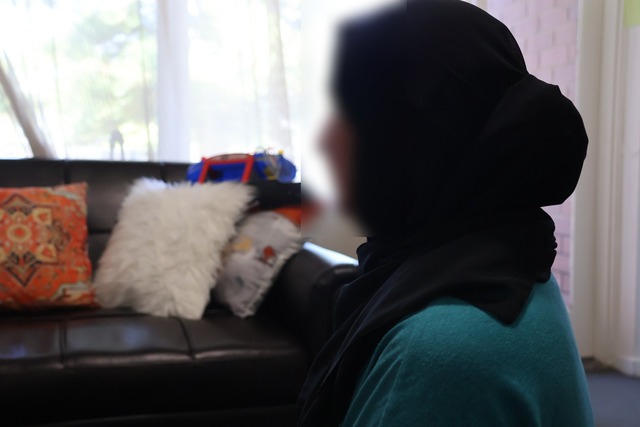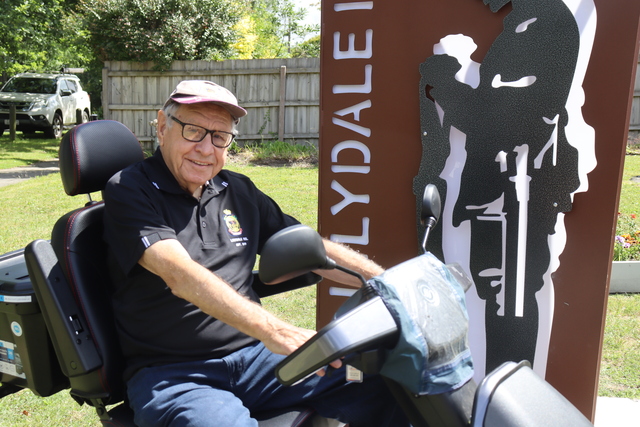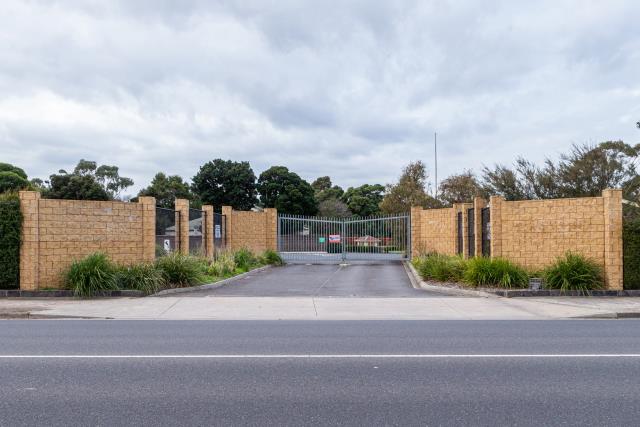The Southeast Monash Legal Service is shining more light on advocacy against sexual harassment in the workplace, encouraging victims, no matter how tough it may be, to speak to someone as soon as they can.
The community legal centre has been running a program called Advocacy Against Sexual Harassment for roughly three to four years, aiming to support and provide services for victims and highlighting the next steps to take.
Ariz Ansari, a lawyer who has been with the SMLS for the last year and a half, advises clients on these next essential steps, whether that be compensation, going through tribunals and so on.
Mr Ansari said: “This has been in the works for a while, but there’s always been a need – from what I know – for clients experiencing sexual harassment in workplaces.
“The main thing is it usually comes in through other claims when they’re talking about other topics such as underpayment, or unfair treatment, sexual discrimination, discrimination based on race.
“Very often people don’t think what they experienced is sexual harassment, it might be a joke or something but it’s still unwelcome and still causes them harm,” he said.
According to the Australian Human Rights Commission in November 2022, one in three people have experienced sexual harassment in the workplace in the last five years since then.
In the same survey, which is the AHRC’s fifth on the topic of workplace sexual harassment, it is highlighted that half of the incidents are repeated and half are also ongoing for more than a year.
At the same time, reporting of these incidents remained low in 2022, with only 18 per cent of them being reported.
Mr Ansari said that the first step depends on the type of harassment, and if it were physical at any point to contact the police as soon as possible.
If the harassment was verbal, and targeted the victim’s body, appearance, gender, or even against a generalisation of a person’s particular sexual characteristics, then recording events and submitting a witness testimony is a key step for further action.
“Sexual harassment is any form of unwelcome conduct of a sexual nature, and legally it’s a bit tricky to determine since there is an objective and subjective component.
“It’s good to speak to a lawyer so we can assess if there is a reasonably arguable claim, what other steps you can take and so on.
“It’s important that after you speak to the police and relevant parties, it’s good to speak to a psychologist as well.
“Not only is that good for you in terms of assisting to deal with that you experienced, but it’s also going to be helpful in conversation, with calculating if you’ve mitigated your loss.”
An article published by the SMLS in August 2023 highlights that the legal centre has an internal program that guides and empowers their support workers to navigate the multi-jurisdictional waters of workplace sexual harassment.
It also highlighted that young women and women from culturally diverse backgrounds are more prone to sexual harassment in the workplace.
Furthermore, those aged 18 to 29 experienced the highest rates of workplace sexual harassment out of all age groups at 45 per cent.
In a corporate setting, dealing with the issue immediately by getting in contact with the HR department is what Mr Ansari recommended.
Furthermore, he also advised to not only make a complaint against the individual harasser, but the company as a whole seeing as that they could be “vicariously liable depending on the steps they have taken to eliminate sexual harassment in the workplace”.
“Even if you haven’t taken these steps, and it’s historical, even if it’s been three or five years, still speak to a lawyer.
“Limits on sexual harassment matters are discretionary for a reason, they recognise that this is a very difficult thing to unpack.
“In the moment you may try and tell yourself that this didn’t happen and then you realise it much later on,” Mr Ansari said.
While Mr Ansari knows that it’s easier said than done, he wants victims to be “gentle with themselves [and] to stop blaming themselves for what happened”.
“Even though there’s a more progressive discourse around right now it’s very much ingrained for victims to think how they contributed to the situation.
“You can withdraw consent at any time, even if you consented to something a minute ago and something else happens that you didn’t consent to, it doesn’t make it okay because you said so earlier,” he said.
As for organisations and employers, Mr Ansari highlights that a harassment and discrimination policy should be mandatory.
“Very often you’d have this code of conduct, ethics and all these things, so you need to have a good policy that has proper procedures for reporting based on the size of the company.
“For example, what happens when someone makes a complaint, what are the next steps you take; you also need to provide training for the employees, especially at the managerial level,” he said.
Mr Ansari also clarified that these pieces of training he mentioned should be more than just a short seminar with a piece of paper to sign at the end.
“That’s the minimum approach, but the best kind is to be interactive with discussions and questions.
“People may not really agree or understand but at least they know what this is what would be expected of them in the workplace,” he said.
The SMLS provides free legal assistance for those who have experienced workplace sexual harassment, with the availability subject to eligibility criteria and capacity.
For Mr Ansari, he applauds not just those who have decided to speak out, but also those who have gone through the experience.
“I think everyone is incredibly brave for just going through that experience, whether vocally or quietly.
“All we’re saying is if you speak out about it to someone that could help, it would set in motion a chain of events that could help yourself and the people.
“It may bring some form of closure, it may not make all the pain go away but it’s a start,” he said.
If you or someone you know requires legal aid related to workplace sexual harassment, the SMLS can be contacted through 9545 7400 or 9038 8002 for an appointment.
For any additional information, you can visit their website at smls.com.au/contact-us







